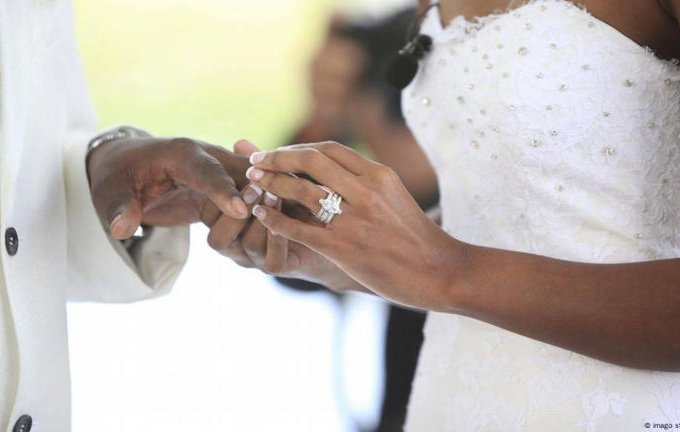South Africa’s Constitutional Court has delivered a landmark ruling affirming that men may legally adopt their wives’ surnames after marriage, a decision hailed as a significant step toward gender equality. The court struck down sections of the Births and Deaths Registration Act, declaring them unconstitutional for discriminating on the basis of gender. Previously, the law only allowed women to change their surnames upon marriage, effectively denying men the same right and reinforcing outdated patriarchal norms rooted in colonial-era legislation.
The case was brought forward by two couples who challenged the law after their requests to alter surnames were denied. One couple sought to hyphenate their surnames, while the other wanted the husband to take his wife’s surname. Both applications were rejected under the existing legal framework, prompting a constitutional challenge. Justice Leona Theron, delivering the court’s judgment, emphasized that many African cultures historically permitted women to retain their birth names and allowed children to take their mother’s clan name. These traditions, she noted, were disrupted by Western naming conventions imposed during colonization, which prioritized paternal lineage and male dominance.
The ruling has sparked a wide range of reactions across South Africa. Advocates for gender equality and cultural restoration have praised the decision as progressive and long overdue, arguing that it empowers couples to make personal choices free from legal bias. Others have expressed concern about the potential impact on cultural traditions and family identity, revealing the complex interplay between law, heritage, and societal values. Nonetheless, the court’s decision stands as a reaffirmation of constitutional principles, particularly the right to equality and dignity.
Parliament has been given two years to amend the legislation to reflect the court’s ruling. In the interim, men are now permitted to assume their wives’ surnames if they choose, marking a shift in how identity and partnership are recognized under South African law. This judgment not only corrects a legal imbalance but also invites broader reflection on the evolving nature of marriage, identity, and cultural expression in a modern constitutional democracy.
